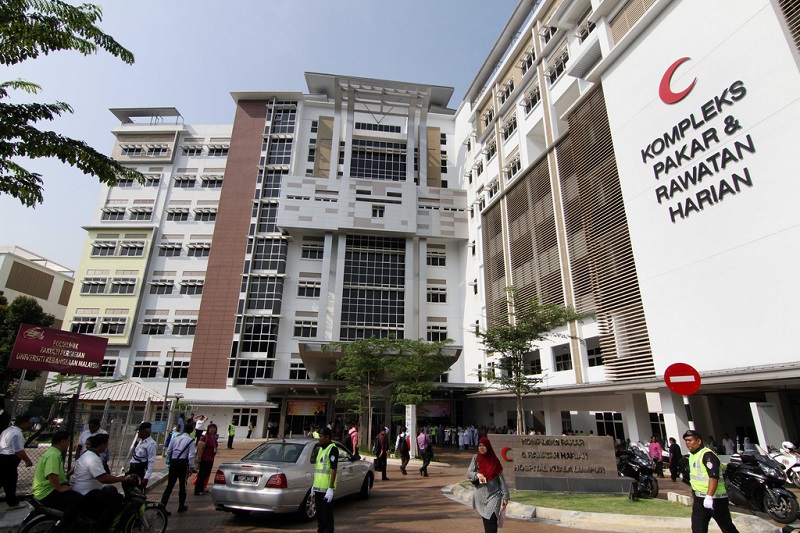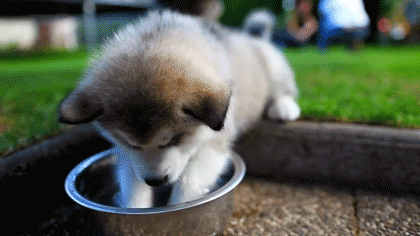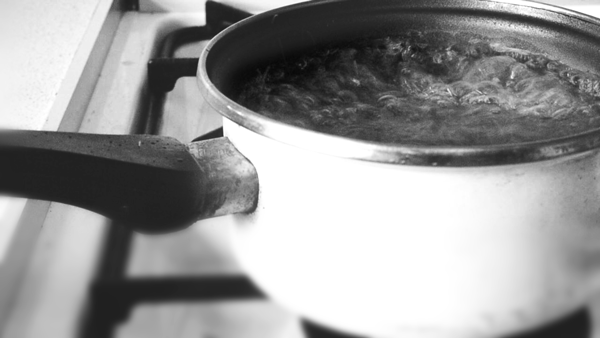Things You Should And Shouldn't Do Now That There's A Typhoid Outbreak
It's always better to be safe than sorry.
It's true. There are confirmed cases of typhoid in KL.
So far the Health Ministry has announced that 32 cases of typhoid fever have been reported in the Kuala Lumpur area, making people in the capital to be wary of a typhoid outbreak.
The outbreak started with 7 cases that were reported with the Federal Territory Health Department in the first week of August. The 7 people affected were said to be construction workers staying in Cheras and working near downtown Kuala Lumpur.
Typhoid is a life-threatening bacterial disease and it can be contracted by consuming food or water contaminated with feces or urine from an infected person, even if the latter does not show any symptoms of the infection.
That said, typhoid only affects humans, not animals, and so transmission of the disease is only from human to human. In light of which, we're going to look at things to avoid in order to prevent contracting the typhoid fever.
Among the symptoms of typhoid, the patient experiences:
Poor appetite;
Abdominal pain;
Headaches;
Generalized aches and pains;
Fever, often up to 104 F;
Lethargy (usually only if untreated);
Intestinal bleeding or perforation (after two to three weeks of the disease);
Diarrhea or constipation.
 medicinenet.com
medicinenet.com
1. Wash your hands frequently, especially before preparing a meal
2. Cooking kills typhoid
So if you are eating out, make sure the food (meat, fish or vegetables, whatever it is that you're eating) has been thoroughly cooked and is being served steaming hot.
3. Typhoid is quite common in areas with poor hygiene, so avoid roadside stalls
Therefore, avoid street food and drinks from street vendors. Only use ice that is made from bottled or boiled water, and avoid popsicles or flavored ice.
Ask for bottled drinking water and make sure it's sealed from a reputable company.
4. Only eat peeled fruits and vegetables
Avoid fruits and vegetables that you have not peeled yourself, particularly foods like lettuce. Also, eat only those fruits that have been freshly peeled, such as oranges and bananas. Do not peel them and store them away for eating later.
Make sure to wash all the raw fruits and vegetables with clean water before consuming.
5. Make sure your drinking water is boiled or treated
Even if your drinking water looks clean, it can and may contain typhoid bacteria. Water for drinking can be made safe in two ways: Boil your drinking water, or add bleach to kill typhoid bacteria.
TIP: Make a chlorine solution by mixing a teaspoon of bleach to 25 litres of water.
6. Store your drinking water safely
Clean water can become contaminated again if it is not stored safely. So make sure to store the drinking water in a clean container with a small opening or a cover. Use it within 4 hours.
TIP: Pour from the water container - do not dip a cup into the container.
1. If you're recovering from typhoid fever, take your antibiotics
Make sure you follow your doctor's instructions for taking your antibiotics and be sure to finish the entire prescription.
2. Often wash your hands with clean water and soap
The single most important thing that you can do to keep from spreading the infection to others. Use hot, soapy water and scrub thoroughly for at least 30 seconds, especially before eating and after using the toilet.
Also, don't prepare food for others until your doctor says you're no longer contagious.
Lastly, it's always better to be safe than sorry!
So if ever you have doubts about whether to eat something, learn this phrase as designed by the Centers for Disease Control and Prevention: Boil it, cook it, peel it, or forget it.




